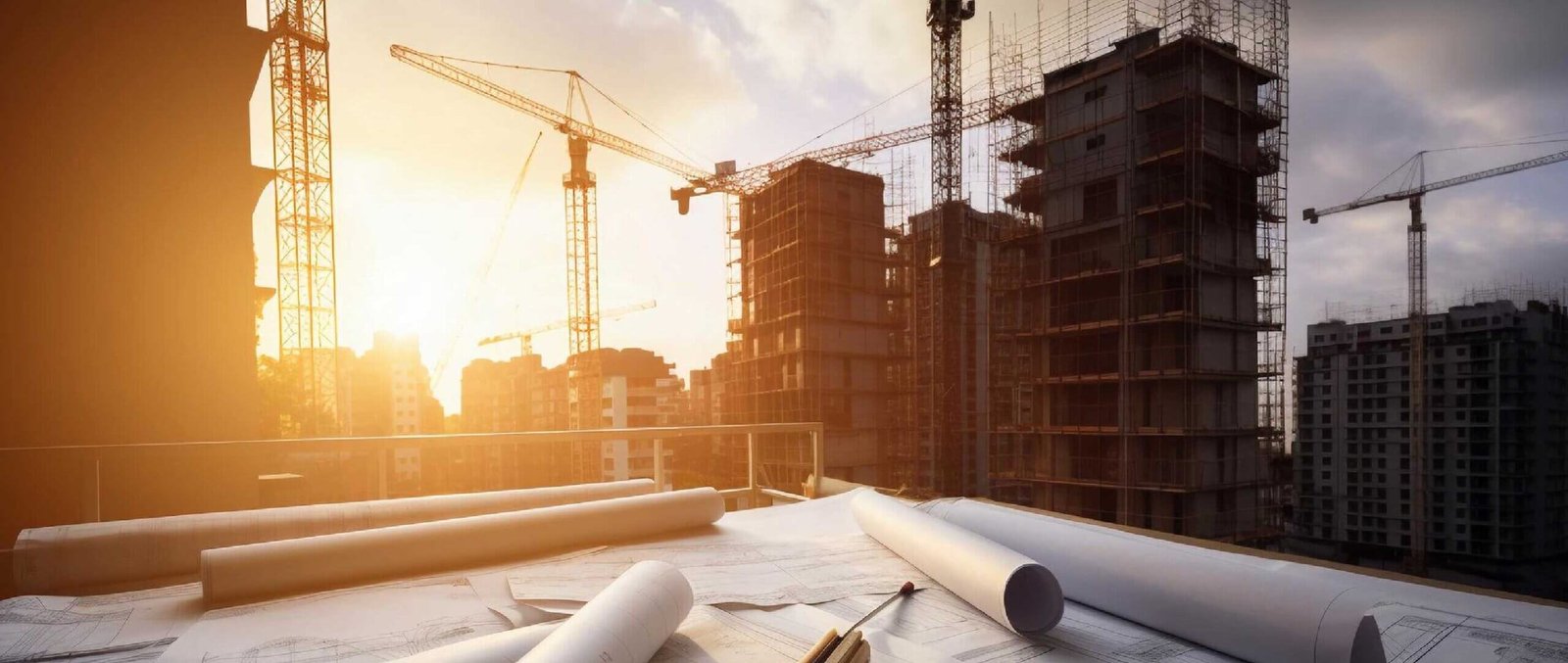STRUCTURAL INVESTIGATION FOR IMPROVED STRUCTURE PERFORMANCE
Structural Forensics: Do unexplained failure of buildings or components puzzle you? Our structured structural forensic methodology is adept in investigating materials, products or structures to find out the likely cause of failure or non-performance.
- Investigation of Structural Failures
- Failure Analysis and Evaluation
- Expert Witness Testimony
- Remediation and Repair
- Code Compliance and Regulatory Compliance Assessment
- Lessons Learned and Preventive Measures
Frequently Asked Questions
With years of experience working on structural analysis, we are in a position to conduct detailed investigations on the cause of failure or non-performance of structures or products. Our team is capable of narrowing down the cause of failure in very less time and also suggests suitable remediation measures
Structural forensics is a field of engineering that involves the investigation and analysis of structural failures. It aims to determine the causes and contributing factors that led to the failure of a structure, such as building collapses, bridge failures, or structural damages.
Structural forensics is important for several reasons. It helps identify the root causes of structural failures, provides insights into design flaws or construction errors, and helps prevent similar incidents in the future. It also plays a critical role in legal proceedings, providing expert testimony and helping to assign liability.
The process of a Structural Forensics investigation typically involves the following steps:
- Site Visit: The forensic engineer visits the site to assess the failed structure, collect evidence, and document the damage.
- Evidence Collection: The engineer collects physical evidence, including photographs, samples of materials, and relevant documentation.
- Analysis: The collected evidence is analyzed through various techniques such as laboratory testing, computer simulations, and calculations.
- Reconstruction: Based on the analysis, the engineer reconstructs the sequence of events leading to the failure, identifying the causes and contributing factors.
- Reporting: The engineer prepares a detailed report summarizing the findings, conclusions, and recommendations based on the investigation.
Structural failures can occur due to a variety of factors, including design errors, construction defects, material deficiencies, inadequate maintenance, natural disasters, or excessive loads. Each failure is unique, and the investigation aims to determine the specific causes relevant to the case.
A Structural Forensics engineer often serves as an expert witness in legal proceedings related to structural failures. They provide unbiased, scientifically grounded opinions based on their investigation and expertise to assist the court or other parties involved in understanding the causes and liabilities associated with the failure.
The findings from a Structural Forensics investigation contribute to a body of knowledge that helps improve design, construction, and maintenance practices. Lessons learned from failures can be used to develop and implement preventive measures, update building codes and regulations, and enhance industry standards to ensure the safety and reliability of structures.

